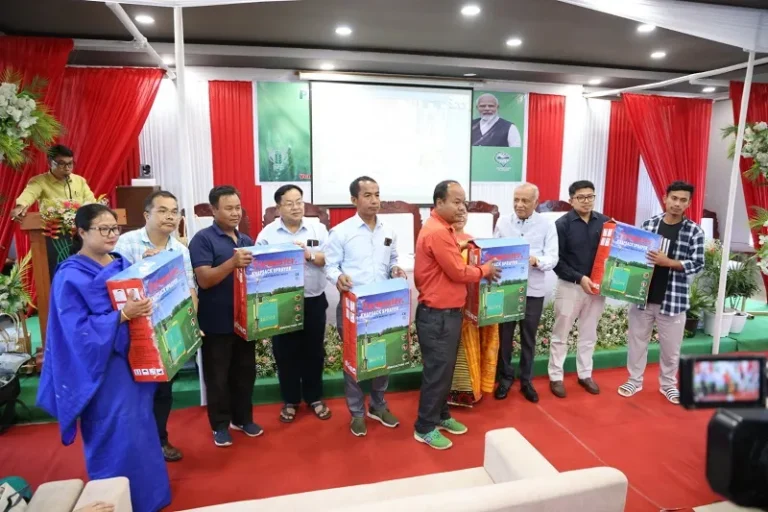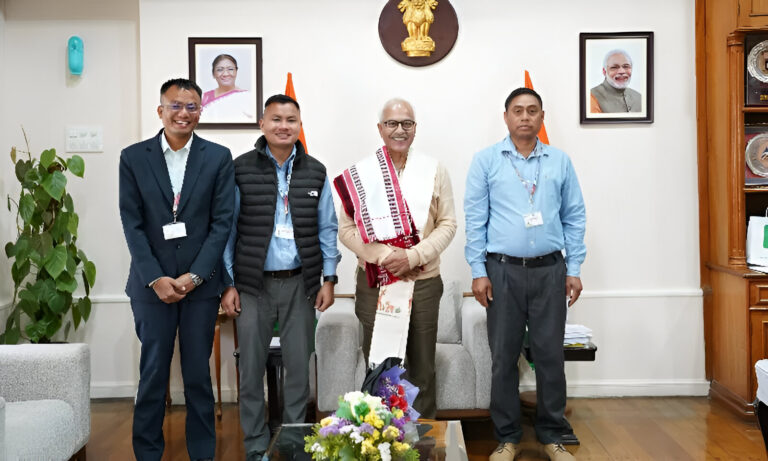Talks Between Centre, Manipur Government, and UNC End Without Resolution
Summary
Recent discussions between the Government of India, the Manipur government, and the United Naga Council (UNC) concluded without a definitive resolution. These talks focused on longstanding demands from the UNC, particularly related to greater autonomy for Naga-inhabited areas in Manipur. Despite several rounds of negotiations, consensus remains elusive, with both sides citing significant differences in their perspectives and priorities.
In-depth Analysis
Background of the Issue
The Naga-inhabited regions in Manipur have been a focal point of socio-political contention for decades. Rooted in the Naga people’s aspirations for autonomy and cultural preservation, the issue gained prominence following the demand for a separate administrative arrangement. The UNC has consistently championed this cause, framing it as vital for protecting their identity and interests in a multi-ethnic state like Manipur.
Why Do Talks Keep Stalling?
Negotiations face numerous hurdles, including conflicting interests between the stakeholders. While the UNC prioritizes self-governance in Naga-majority areas, the Manipur government is wary of any moves that might compromise the state’s territorial integrity.
The Centre, meanwhile, finds itself in a delicate position, balancing the demands of the Naga groups while maintaining harmony among other communities in the region. The lack of trust between the parties and the absence of a mutually agreeable middle ground further compound the deadlock.
Current Developments
The latest round of talks emphasized finding a peaceful resolution through dialogue. Both the UNC and the government highlighted the need for continued discussions, underscoring the importance of addressing historical grievances while ensuring the broader interests of the state are safeguarded.
Impact on Manipur
- Social Tensions: The unresolved issue has heightened ethnic divisions within the state, particularly between the Naga and Meitei communities.
- Economic Implications: Political uncertainty often disrupts development projects in the affected areas, delaying infrastructure and investment opportunities.
- Political Repercussions: The prolonged impasse has fueled discontent among various communities, putting pressure on the state and central governments to find a lasting solution.
What Needs to Happen Next?
To break the cycle of stalled negotiations, a fresh approach is needed. Some possible strategies include:
- Mediation by Neutral Parties: An independent mediator could facilitate more constructive discussions.
- Community Involvement: Engaging grassroots organizations and local leaders may help bridge gaps and build consensus.
- Confidence-Building Measures: Initiatives like shared development programs could foster goodwill and demonstrate tangible benefits of cooperation.
FAQs
- What is the United Naga Council (UNC)? The UNC is a political organization representing the interests of Naga communities in Manipur. It focuses on issues like autonomy and preserving cultural identity.
- Why is the issue of Naga autonomy significant? The demand for autonomy stems from a desire to protect Naga heritage and governance within their regions while addressing socio-economic disparities.
- How does this issue affect the rest of Manipur? The stalemate often exacerbates ethnic tensions, slows economic progress, and complicates governance in the state.
- What role does the central government play in these talks? The Centre acts as a mediator, aiming to reconcile differences while preserving national unity and state sovereignty.
- What are the prospects for resolution? While a solution remains challenging, sustained dialogue and innovative conflict-resolution methods could pave the way for progress.

